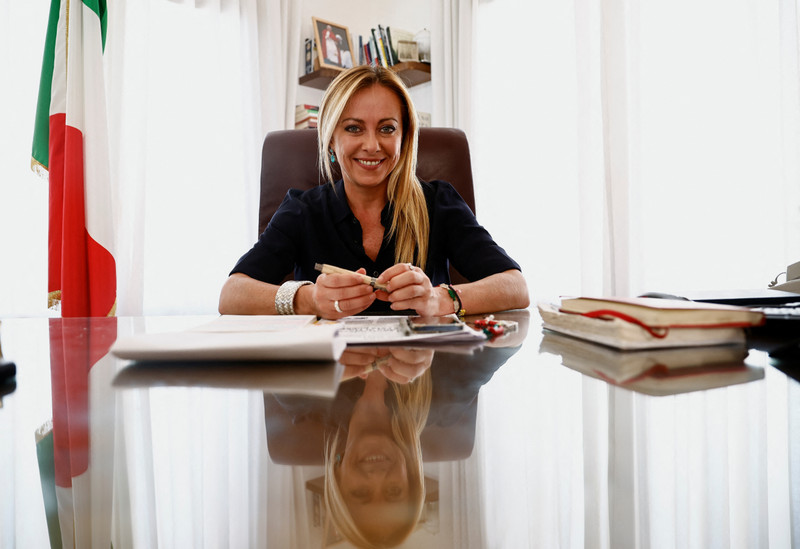French President Emmanuel Macron and Prime Minister Giorgia Meloni praised the close relationship between the two countries and pledged to cooperate further in the future, marking a thaw in relations between France and Italy. Relations between the two countries have experienced many ups and downs in recent years due to statements criticising each other in dealing with immigration issues. Immigration, the most intense issue between the two countries, was discussed and the leaders of the two countries agreed to continue working together to effectively deal with refugee and immigration issues in Europe.
As a leading destination for migrants from Africa, the Middle East and other regions of the world, Italy has always called on other European Union (EU) members to work together to stem the wave of illegal migration to Europe and share the immigration burden. It is estimated that more than 56,000 migrants arrived in Italy in 2022, mainly via the perilous Mediterranean Sea route. President Macron said that Europe would not have a successful migration policy without a unified border protection system.
Despite the controversies between the two governments, the meeting in Paris between the leaders of the two countries highlighted commonalities. The two countries affirmed a common vision for stabilising the Tunisian situation while waiting for a European and international response, as Tunisia is seeing worsening developments and becoming one of the most popular transit sites for illegal immigration to Europe.
The French President affirmed the importance of financial support for Tunisia to control illegal migration to the EU. In this regard, Paris shares the same view with Rome on the urgency and need for an effective agreement, while waiting for the International Monetary Fund (IMF) to make progress in resolving the issue.
Speaking to the press, Prime Minister Meloni said: “Based on today’s dialogue, we will be able to work even more and better together, consider the most important issues and understand how to strengthen the common dialogue for the benefit of both countries and the interests of Europe”. Prime Minister Meloni said that Italy and France need to engage in dialogue, before highlighting areas where the two countries share a common vision. Prime Minister Meloni called for dialogue with North African countries to come up with alternatives to encourage legal migration and dismantle human trafficking networks.
In addition to the issue of migrants, Meloni also affirmed the need to re-industrialise Europe, as the EU is facing a dual climate and digital transition to achieve full strategic autonomy. Meanwhile, President Macron described the discussion as ‘frank, ambitious and demanding’. After the meeting, the Élysée Palace said, the discussion between the two leaders created a convergence on subjects of mutual interest.
President Macron and Prime Minister Meloni agreed to support the renewed economic governance and a joint investment fund proposed by European Commission (EC) President Ursula von der Leyen. On the issue of energy, the two leaders reaffirmed the need for a neutral approach, meaning that energy must be decarbonised, regardless of its source, whether nuclear or other energies.
During the visit, the Italian Prime Minister also lobbied the French leader to give support to Italy in the race to host the World Expo event, which will take place in 2030.
The French President spoke of the unique relationship between Italy and France, a ‘friendship that allows controversy to flourish, but always within a respectful framework’. Despite disagreements, the two EU member states still prioritised promoting cooperation for the benefit of both sides and the common goals of the EU.
















